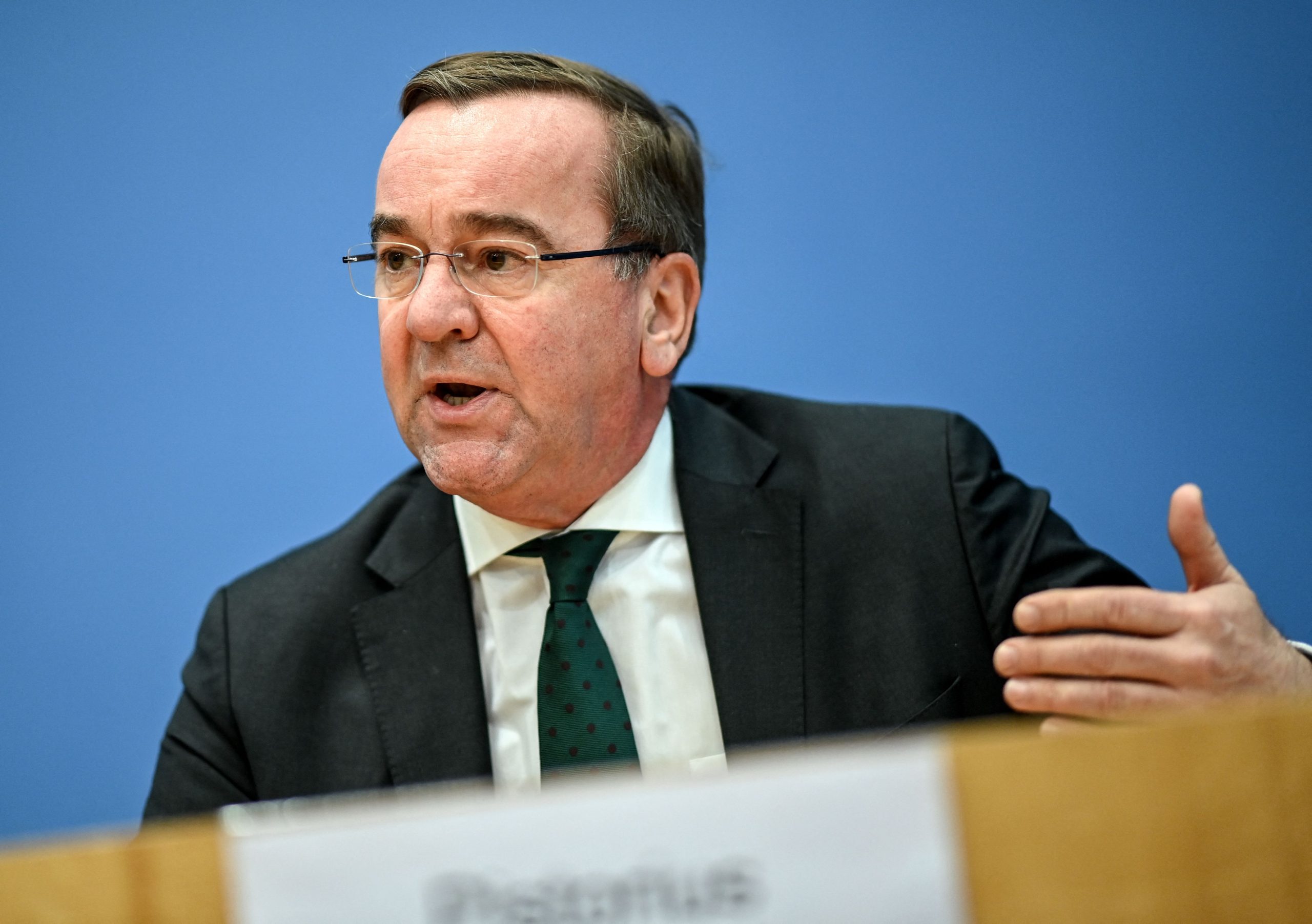A German officer by the name of Thomas H. was convicted of espionage and violating official secrets after supplying military intelligence to the Russian Federation, and was sentenced to three and a half years in prison on Monday, May 27th.
A Convicted Spy
Prosecutors alleged that the officer, identified as a captain, had provided intelligence to Russia of his own free will, dropping off confidential documents in the mailbox of Russia’s consulate in Bonn, North Rhine-Westphalia. The captain worked for the Federal Office of Bundeswehr Equipment, Information Technology, and In-Service Support and shared pictures of military documents and images of munitions training systems and aircraft with his Russian counterparts.
The officer’s lawyer defended his client by claiming the captain was radicalized by online pro-Russian propaganda, leading the 54-year-old to initiate contact with the Russian embassy. Furthermore, the officer stated the reason for his contact with Russian officials came from a concern that German support for the Ukrainian government amid the ongoing Russo-Ukrainian War would force the nation to formally enter the war. The captain further claimed that he aided Russia following severe burnout, that he had been overworked, and suffered from negative side effects from the COVID-19 vaccine.
Prosecutors noted that while the captain had provided the Russian Federation with information regarding the German military, he had not revealed official state secrets, narrowly avoiding a harsher sentence.
Russia’s Continued Espionage Campaigns
This follows a number of attempted and successful acts of espionage against Germany by the Russian Federation due to the nation’s support for Ukraine amid the ongoing conflict. In late January, discussions relating to Germany’s role in Ukraine were leaked by Russia following a technical blunder by a member of staff.
The leaked discussion, likely intercepted by chance through widespread surveillance, focused on the delivery of weapons for Ukraine and a potential strike by the Ukrainian military on a bridge in Crimea. The participant dialed into a Webex meeting (a web conferencing program used by the German government) from Singapore, where it was likely intercepted by Russian intelligence through regular intelligence gathering efforts.
Germany’s Defense Minister, Boris Pistorius, stated that Russia leaked the meeting in order to sow distrust between Germany and his allies. While Germany’s allies have expressed continued trust, some, like former British Defense Secretary Ben Wallace, have criticized Germany’s security measures, suggesting they are neither secure nor reliable.

Earlier in May, Germany, the Czech Republic, the US Department of State, and NATO accused Russia of launching cyberattacks against Germany’s defense and aerospace firms alongside the ruling Social Democratic Party of Germany (SPD) party.
NATO further claimed that entities in Lithuania, Poland, Slovakia, and Sweden, along with government bodies and “critical infrastructure operators,” were also targeted in attacks organized by Russia, while the Russian Embassy in Germany called the accusations “another unfriendly step aimed at inciting anti-Russian sentiments in Germany.”
German officials summoned the Russian envoy to the country to protest the supposed two-year-long cyber campaign against the nation and its partners, which was allegedly launched by Russia’s GRU intelligence agency.
Germany’s Ministry of Defense stated that companies in the logistics, defense, aerospace, and IT sectors, along with servers of companies in critical sectors, had been compromised, failing to mention the companies effected or the definite results from the cyberattack.
The Czech Republic corroborated these claims, stating that a number of Czech entities had been targeted in cyberattacks organized by Russia since 2023, while the British government has further claimed that Russia is undermining the democratic process of affected countries ahead of the European Parliamentary elections slated for early June.
The group responsible is known as “Fancy Bear,” an organization affiliated with the GRU that used an exploit in Microsoft Outlook while utilizing a tool known as GooseEgg to compromise Outlook email accounts. Despite these compromises, the FBI released a statement detailing the bureau’s actions in preventing compromised accounts and devices from being used for cyberespionage.
Fancy Bear was also allegedly responsible for the hacking of 2016 presidential candidate Hillary Clinton’s emails, which led to a number of controversies in her campaign and led some to believe former President Donald Trump colluded with Russia to weaken his political opponent.

